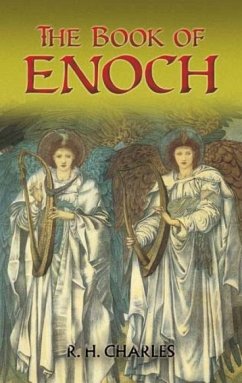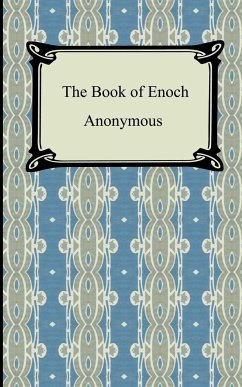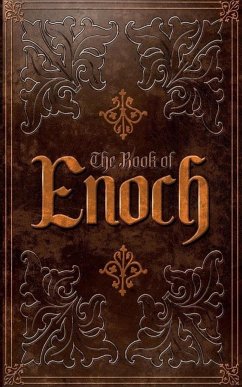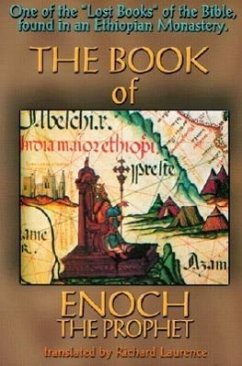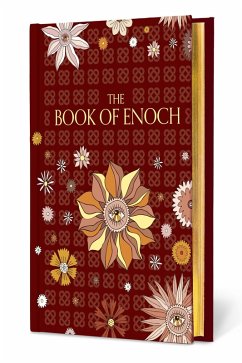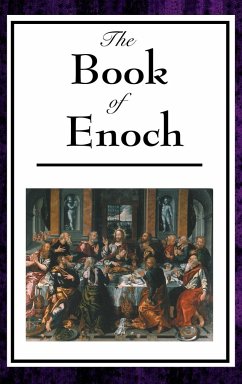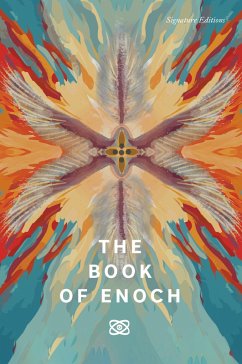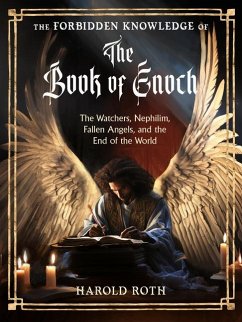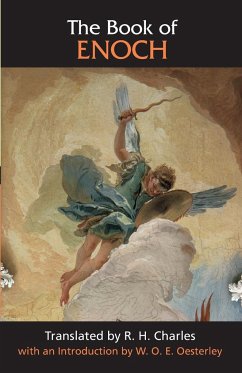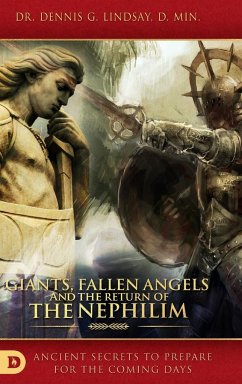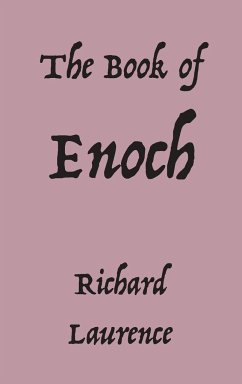
The Book of Enoch
Versandkostenfrei!
Versandfertig in 1-2 Wochen
17,99 €
inkl. MwSt.

PAYBACK Punkte
9 °P sammeln!
Tradition attributes the Hebrew apocalyptic religious scripture to Enoch, the father of Methuselah and Noah's great-grandfather. The Book of Enoch contains unique information about demons and Nephilim, such as why certain angels fell from heaven, why the Genesis flood was morally required, and the Messiah's thousand-year rule. People credit Enoch with writing 2 Enoch and 3 Enoch. Most Jewish and Christian churches do not consider the three canonical. The Book of Parables is roughly 100 BC, whereas the oldest parts of 1 Enoch are 300-200 BC. Enoch's writings could have been in Aramaic or Hebrew...
Tradition attributes the Hebrew apocalyptic religious scripture to Enoch, the father of Methuselah and Noah's great-grandfather. The Book of Enoch contains unique information about demons and Nephilim, such as why certain angels fell from heaven, why the Genesis flood was morally required, and the Messiah's thousand-year rule. People credit Enoch with writing 2 Enoch and 3 Enoch. Most Jewish and Christian churches do not consider the three canonical. The Book of Parables is roughly 100 BC, whereas the oldest parts of 1 Enoch are 300-200 BC. Enoch's writings could have been in Aramaic or Hebrew, the earliest Jewish languages. Ephraim Isaac believes Enoch, similar to Daniel, wrote in Aramaic and Hebrew. No Hebrew copy survives. The Qumran Caves residents, who found the Dead Sea Scrolls and book, were not Pharisees. Instead, they joined the Essenes, a breakaway sect with unique traditions. Thus, the Book of Enoch and other cave manuscripts differ greatly from Rabbinic Judaism.





